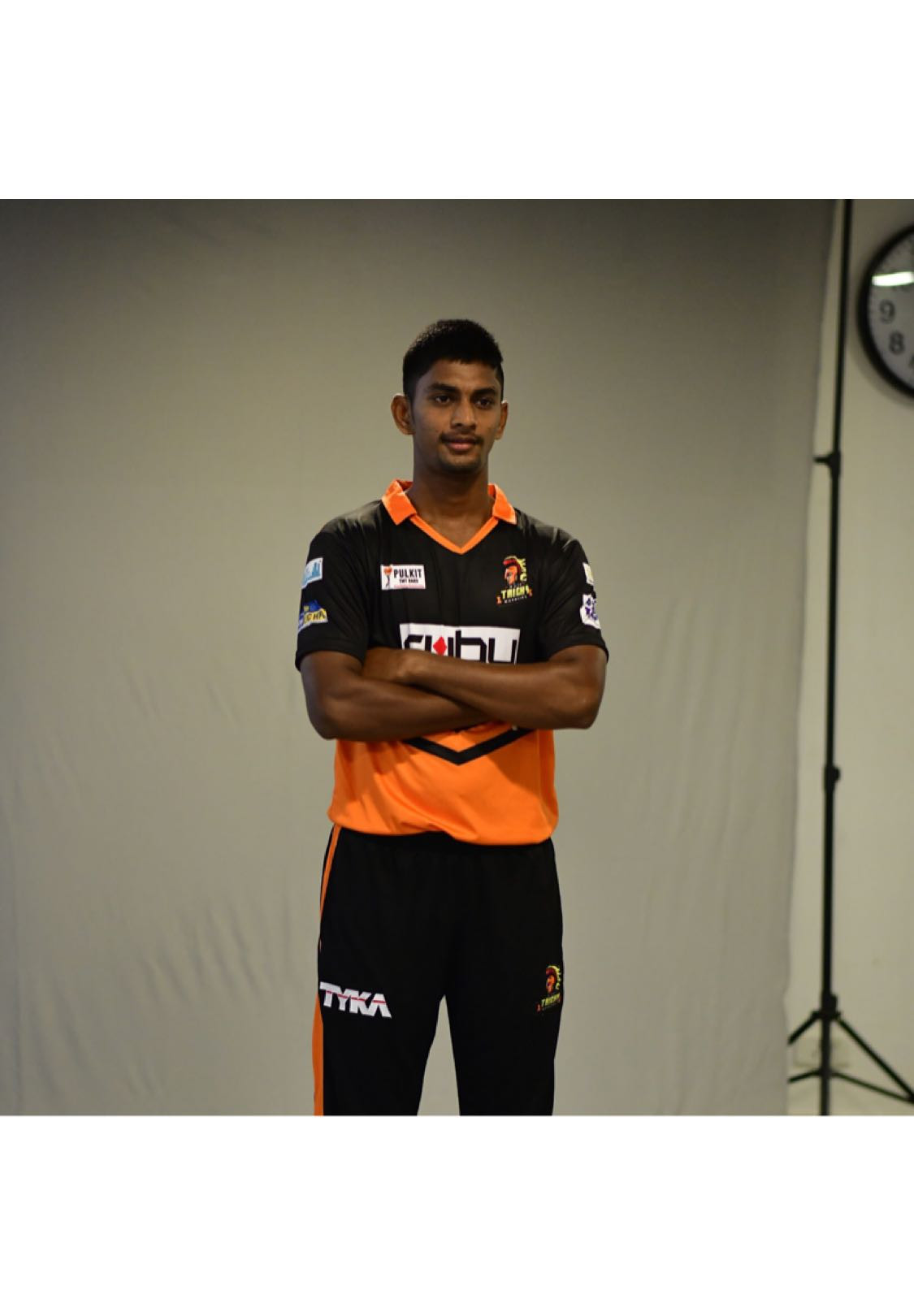Clive Edward Butler Rice, the South African cricket player, was known for his remarkable skills and contributions to the sport. Born on July 23, 1949, in Johannesburg, Rice’s career spanned four decades and left an indelible mark on the cricketing world.
Rice began his cricketing journey in 1969, just a year before South Africa’s last Test series prior to isolation. However, despite his undeniable talent, his international career was marred by unfortunate timing. His first-class debut marked the beginning of a successful career, captaining his country on their three-ODI comeback tour of India in 1991. But, he was later deemed too old, at 42, to lead South Africa in the 1992 World Cup, limiting his international appearances to a mere three one-day internationals.
Although his limited international record might suggest a moderate cricketer, Rice’s skills were far from mediocre. He established himself as one of the game’s leading all-rounders during the 1970s and 80s, representing Transvaal and Nottinghamshire. As a right-handed batsman, he possessed one of the most devastating cuts in cricket, earning him a reputation as a formidable and punishing force on the field. Rice’s skill set extended beyond batting; he was also a rapid seamer, capable of generating genuine pace throughout the 1970s. Furthermore, Rice was known for his strong leadership qualities, making him an invaluable captain and one of the most resolute figures in the sport.
His talent did not go unnoticed, as he was sought after by Kerry Packer’s World Series Cricket, which acknowledged his exceptional abilities. He was a consistent selection for the South African teams that faced rebel tourists during the 1980s. Rice’s astute business acumen allowed him to capitalize on the emerging financial opportunities in cricket, positioning himself as the epitome of the modern professional cricketer.
However, Rice was not without his fair share of controversies. He was at the center of a rather absurd controversy in South African cricket when he posed naked, strategically covering himself with a “Jumbo” bat. Additionally, during his prime, it was almost impossible to find a photograph of him without an “Avis” cap, concealing his receding hairline.
Rice’s influence extended beyond his playing days. He was instrumental in leading both Transvaal’s “Mean Machine” and Nottinghamshire to success during the 1970s and 80s, showcasing his invaluable leadership abilities. Despite being discarded by both South Africa and Transvaal towards the end of his career, Rice continued to contribute to the sport. He moved to Natal, where he played a significant role in nurturing the talents of formidable cricketers such as Shaun Pollock, Lance Klusener, and Jonty Rhodes, alongside the legendary Malcolm Marshall.
Following his retirement, Rice returned to Trent Bridge as cricket manager, keeping his involvement with the game alive. Tragically, at the age of 49, Rice was diagnosed with a brain tumor. Despite enduring a courageous battle for 17 years, he passed away in Cape Town, leaving behind a powerful legacy that resonates within the cricketing community.
Clive Rice’s significant contributions to the sport continue to inspire future generations of cricketers. His exceptional skills, leadership qualities, and dedication to the game will forever be remembered as a testament to his impact on South African cricket.




